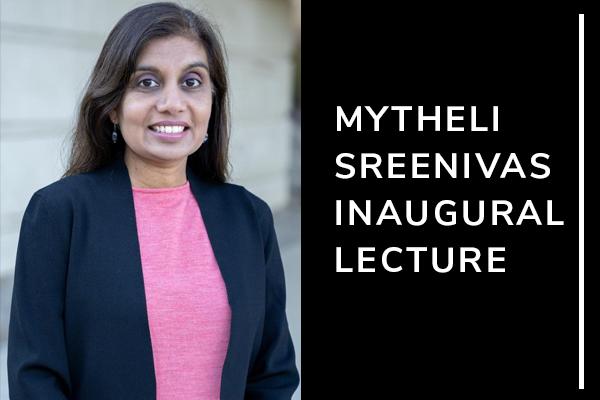
Inaugural lectures celebrate Arts and Humanities faculty who have been promoted to the rank of professor. All lectures are held in the Faculty Club Grand Lounge from 4-6 p.m. and are preceded by a reception and followed by Q&A and discussion. All lectures are free and open to the public and will also be live streamed.
In November 1952, the International Planned Parenthood Federation was created in Bombay, India, at an international conference of birth control activists, scientists, and policymakers. The centrality of India to an aspiring global network was no accident. For many of those gathered in Bombay, India would prove to be a test case through which a planetary drive to regulate fertility, promote postcolonial development, and control population would either succeed or fail. Sreenivas examines this moment, and the longer histories in which it was embedded, to investigate the politics of reproduction, both in India and globally, across the twentieth century. How might we trace the intersecting histories of empire, eugenics, race, and global inequality as they shaped whose reproduction was valued, and why? How did feminists, despite claims to liberate and empower women, also support policies that violated the reproductive autonomy of the most marginalized populations? And finally, what are the stakes in writing these difficult histories now, when reproductive rights are under attack?
